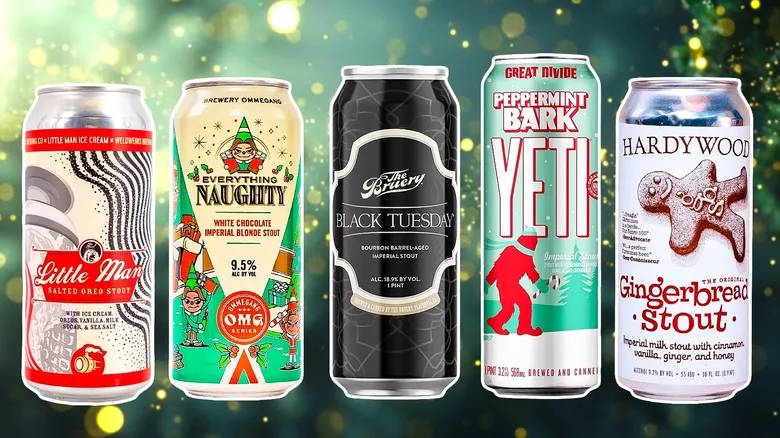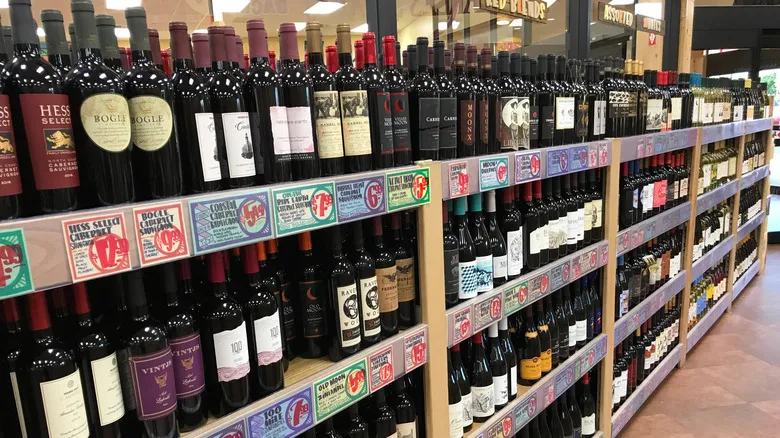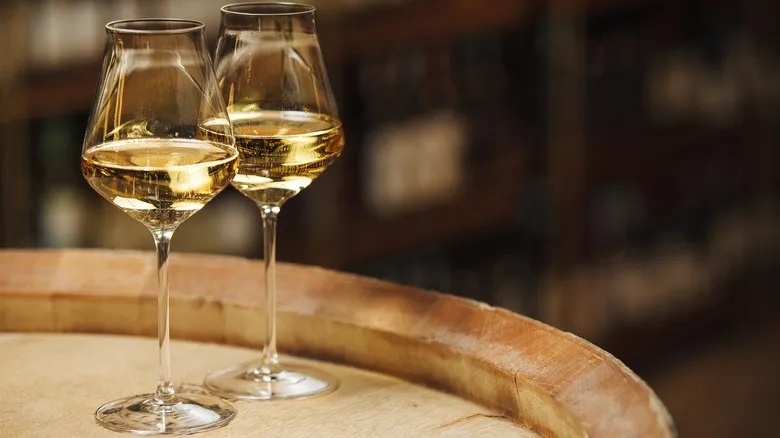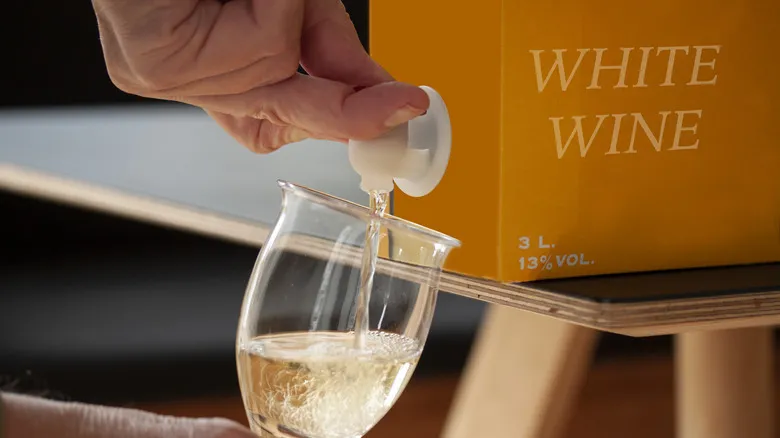When boxed wine is perfect for the party

If you're organizing an elegant brunch featuring paired wines and dishes, bottles are the way to go. With countless options available at various price ranges, they pour effortlessly at the table and add a touch of visual charm. However, for pool parties, tailgating at football games, or simply wanting to pour a glass or two, convenience takes precedence.
"Wine boxes are incredibly easy to transport and use," explains Gillian Ballance. "If you don't have a corkscrew handy, you can easily serve the boxed wine with the built-in tap." Moreover, wine boxes are perfect for locations where glass bottles are not allowed. Just be sure to check that alcohol consumption is permitted at the beach or parking lot where you're setting up.
The sealable tap also makes it simple to take any leftovers home. Just screw or press the lid shut, toss it in the back of your car, and you're good to go. There's no worry about bottles tipping over or corks popping out.
Longevity is key with boxed wine

"One of the advantages of boxed wine is its extended shelf life," explains Gillian Ballance. While most bottled wines only remain good for a few days after being opened, she emphasizes that the unique design of boxed wine (also known as bag-in-box) plays a crucial role in its longevity. "The plastic bag inside the box acts as a barrier against oxidation, allowing the wine to stay fresh for a longer period after opening compared to a bottle, which is a significant benefit." Essentially, as you pour the wine, the plastic bag collapses around it, shielding it from oxidation that can spoil the wine.
According to her, boxed wine can typically last between two to four weeks when refrigerated or kept in a cool, dark place. In some cases, you might even enjoy it for up to six weeks from one box. She advises, "For optimal storage, make sure the box is tightly sealed, stored upright, and kept in a temperature-controlled environment." It's also wise to sample a wine that has been open for a couple of weeks before serving. Check its color, aroma, and taste. If it seems off—perhaps tasting vinegary, flat, funky, or metallic—it's time to get a new box. Additionally, it's important to note that unopened boxed wine can spoil more quickly than unopened bottles. Boxed wines are best consumed within about eight months of purchase, while a well-stored bottle can last for years, even decades.
Boxed wine can be quality wine

There was a period when a single brand reigned supreme in the boxed wine market. It was a reliable choice, though not particularly extravagant. As wine enthusiasts, particularly in America, became more discerning, boxed wines began to be viewed as a marker of inferior quality. Nowadays, there are numerous high-quality options that even Master Sommeliers might appreciate. "An increasing number of winemakers are exploring alternative containers for their wines," notes Gillian Ballance. "Today’s premium wines are not limited to corked bottles; they can also be found in screw tops and boxes."
The trick is to do a bit of research or sample different brands before making a purchase if possible. "If you're in search of a quality boxed wine," she advises, "make sure to investigate beforehand, and you're likely to discover something that aligns with your taste preferences."
Even if the wine itself isn't particularly upscale, you can enhance its presentation with an attractive serving box. Whether you prefer sleek stainless steel or rustic walnut, a quick online search will reveal a variety of stylish boxed wine dispensers. Some of these even keep the wine chilled, allowing you to place it on your bar or countertop and pour as many or as few glasses as you desire at any time.
Recommended

14 Stout Beers That Will Get You In The Holiday Spirit

Isn't Blush Wine Just Rosé?

Why We'll Probably Never Know Who Makes Trader Joe's Wines

Having A Dry White Wine? Reach For These Types Of Dishes
Next up

